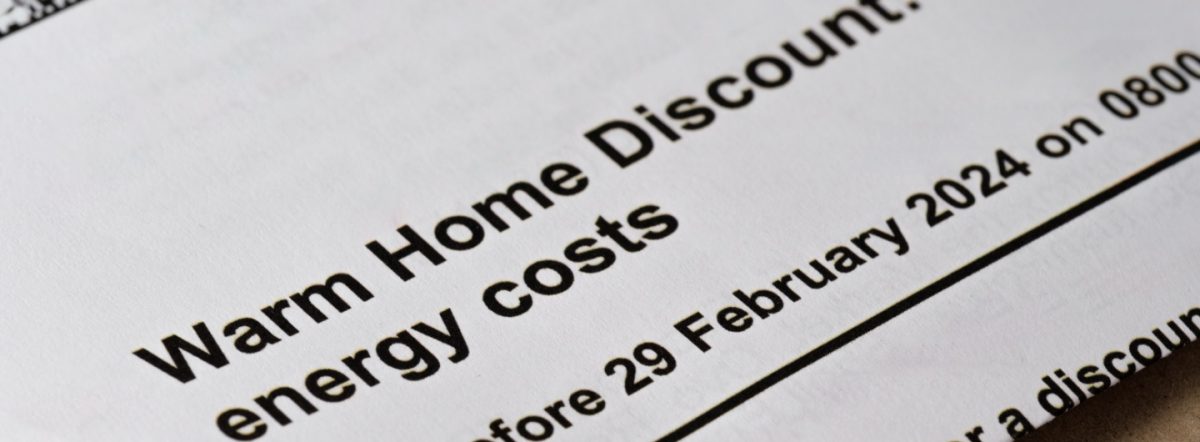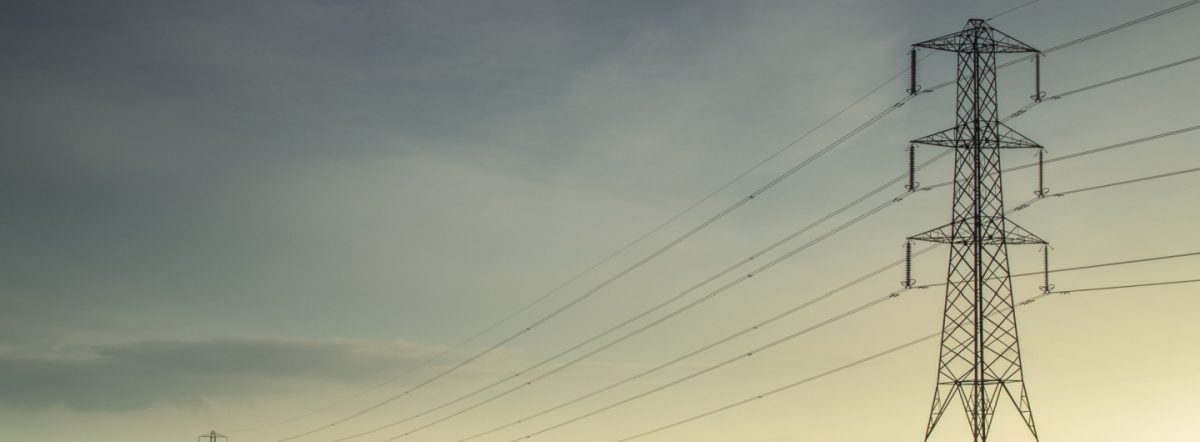A new landmark report by health charity Medact reveals that three quarters of health workers regularly see patients whose poor housing is harming their health – with more than 1 in 10 witnessing this almost every day.
Drawing on an opinion poll of over 2,000 healthcare workers, Home Sick Home: Frontline views on the public health crisis of unhealthy homes explores the public health impacts of the UK’s housing crisis on patients, health workers, and the NHS. The study found that nearly half (45%) of health workers have had to send a patient home knowing their housing would make them ill again.
“We see the same issues time and again – families living in mould-ridden, insecure homes, children developing asthma and anxiety, elderly people afraid to turn on their heating,” said Sophia, a clinical psychologist quoted in the report. “We’re not treating patients. We’re sending them back into the very conditions that made them sick.”
Key findings:
-
70% regularly see mental health conditions caused or worsened by housing issues
-
65% see patients living in excessively cold homes; 61% hear of damp and mould; 63% see unaffordable rent driving ill-health
-
64% regularly treat children whose health problems are likely linked to insecure housing; 67% say damp and mould are causing children’s respiratory issues.
The report echoes previous findings of research by the Social Workers Union which revealed that over a fifth (21%) of social workers working with children, young people and families have seen their service remove a child or children from their family in the last three years where unsafe or inappropriate housing conditions was a key contributing factor.
The report says that the crisis is especially acute among vulnerable groups, with older adults, disabled people, and children experiencing housing-related illness. From mental health crises in new parents to chronic asthma in children, the testimonies included in the report reveal how unsafe housing is deepening health inequalities across the UK. The survey found that 66% of respondents see disabled people in unsuitable homes likely making them ill at least once a month.
“Given everything we know about the positives of good-quality housing, I never thought I’d see a rise in Victorian-age diseases,” said children’s doctor Krishnan in the report.
From cold, damp, overcrowded homes to skyrocketing rents and constant eviction threats, the report paints a picture of a housing system in collapse – and a public health crisis that is impacting both people’s health and the NHS.
It shows that health workers back political action to protect patient health and the NHS: 69% believe making renting more affordable would reduce the burden on the NHS, whilst 58% say increasing the supply of social housing would ease NHS pressures
More than two thirds (69%) agreed with the statements “I feel powerless to support my patients with their housing conditions” and “government spending to prevent illnesses created by cold homes is better for the NHS than having to spend money to nurse patients back to health”.
The report sets out ten recommendations, including rent controls, a national retrofitting programme, building more social housing, and a social energy guarantee to ensure no one has to choose between heating and eating.
Medact member and children’s doctor Dr Amaran Uthayakumar-Cumarasamy said:
“Colleagues feel a deep-seated sense of helplessness and feel redundant in their capacity to make meaningful health improvements in the lives of patients. Coupled with the existing pressures of working in a system that’s under-resourced, this leads to apathy. It’s tempting to think that the NHS alone can socially prescribe its way out of the housing crisis, but my experiences and those of colleagues suggest this simply will not scratch the surface let alone bring meaningful and lasting change. Yes, the NHS does need resourcing but if we’re serious about ‘an ounce of prevention is worth a pound of cure’, then that needs to be translated into policy.”
Laura Vicinanza, Senior Policy and Stakeholder Engagement Manager, Inclusion London said:
“It is no secret that disabled people are at the sharpest end of the housing crisis. Yet, this problem has been ignored for decades. Too many Disabled people are trapped in inaccessible homes, battling evictions, and facing skyrocketing rents – often forced to cut back on essentials just to afford their housing costs. Medact’s new report uncovers a very grim reality: poor and unaffordable housing doesn’t just worsen people’s existing health conditions—it creates new ones, with health professionals left to pick up the pieces of a broken housing system. But it doesn’t have to be this way. The Government has the power to solve this crisis. They can act now by making rents more affordable and kickstarting a revolution in accessible social homebuilding. We cannot afford to wait any longer.”
Dr Abi O’Connor, researcher at the New Economics Foundation, said:
“Private landlords have been allowed to increase rents to eye-watering levels and now we’re seeing the consequences – it’s making people and our economy sicker. If the government are interested in improving the economy for ordinary people, it is clear they must address the plague of unaffordable rents. In the short term they should introduce rent controls to give people stability, and in the long term they will need to build more social housing which is the only way to provide people with safe, affordable homes .”
A spokesperson for the End Fuel Poverty Coalition, commented:
“Addressing the housing challenge is more than health workers can do themselves.
“Not only do we need to see investment in a £13.2bn Warm Homes Plan to help improve housing conditions, but we also need a full range of fully-functioning and well-resourced public services.”










